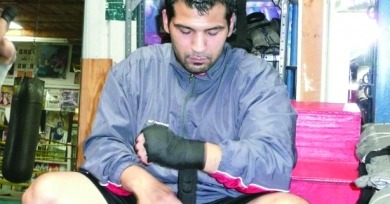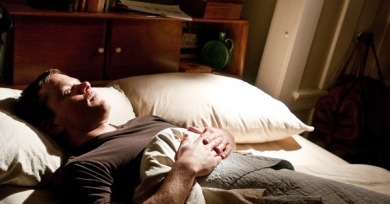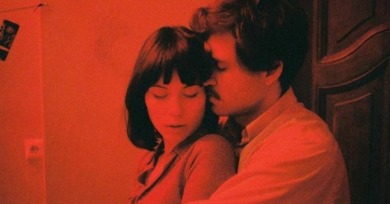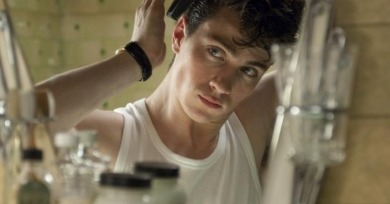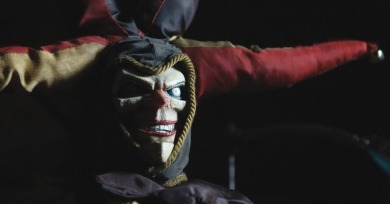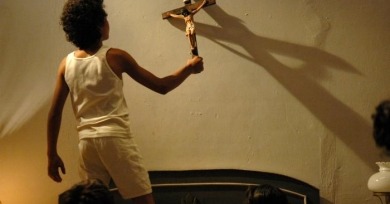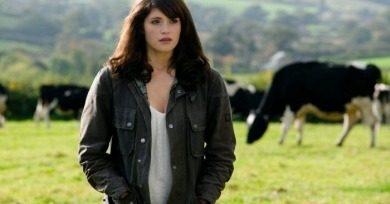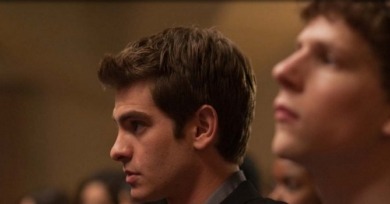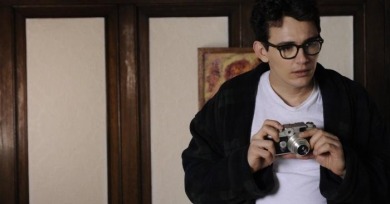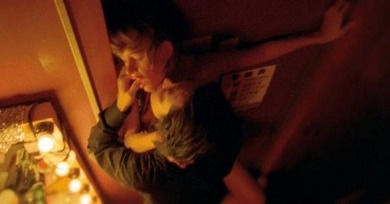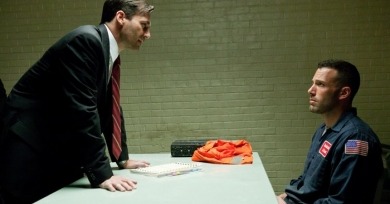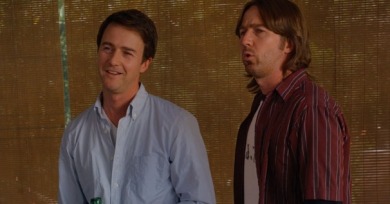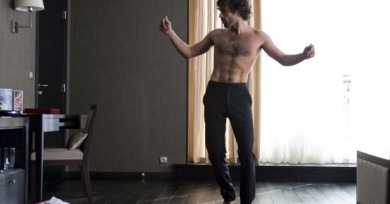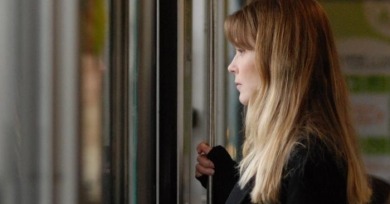Reviews
His form of documentary purism relies on immersion and meticulously edited observation rather than subtitles, narration, interviews, establishing shots, or any of the other tools that most nonfiction filmmakers depend on to construct their stories and propel them forward.
It doesn’t just dabble in a subject matter the filmmaker has hitherto eschewed, but goes whole hog, channeling spirits from the netherworld and envisioning the bright lights of the Great Beyond with all the loud music cues and fuzzy CG of an episode of Medium.
When first announced, Olivier Assayas’s epic nearly six-hour, three-part miniseries/cinema event seemed like it might be almost more than fans of the man’s work could stand.
Nowhere Boy concerns the late adolescent years of John Lennon, his coming to rock and roll, and the formation of his first band, the Quarrymen, but it’s not so much a music film as a behind-the-music film, fashioning a handsome soap opera out of the iconic singer-songwriter’s biographical back catalog
A clunky, rattling toy chest of tired horror tropes, The Hole will nevertheless win over the Gremlins and Matinee mastermind’s devoted fans (I’m looking at you, Jonathan Rosenbaum!), and maybe a few brave tots in the bargain.
As expected, the two best segments are from the filmmakers whose careers are most worth following: Fernando Eimbcke and Carlos Reygadas.
The film's more resonant characters are to be found amongst the supporting cast of villagers. For example, what begins as a neat neo-Shakespearian conceit—two bored local teenaged girls observe all the shenanigans between bouts of texting and reading celebrity gossip rags—soon becomes neo-Homeric.
Feelings of inadequacy prompt outsized ambition; The Social Network imagines a young man’s violent remapping of virtual terrain as an attempt to impress a girl.
If Howl’s bids for cultural relevancy fall short, its attempts to visually “poeticize” Ginsberg’s words via phantasmagoric animated sequences carry a similarly unfortunate whiff of undercooked ambition.
It’s clear right from the opening credits—the film’s most purely invigorating sequence— that Enter the Void will pummel rather than make one ponder.
“It's Heat meets The Departed!” shout the TV ads, forgivable marketing puffery that the entertaining but chronically hackneyed The Town can't possibly begin to live up to.
There’s an unexpectedly graceful scene midway through when Brady discusses his concept of God: akin to flawlessly parallel lines, a concept of perfection that human beings can conceive of while simultaneously knowing they will never experience it within the corporeal world.
In television director Pascal Chaumeil’s cable-ready Heartbreaker, Romain Duris, all matted hair and pit-stained shirts, practically emanates an odor of Roquefort through the screen as Alex Lippi, an unctuous young man making a career of wooing women out of unsatisfactory relationships.
At this point, it’s safe to say François Ozon is clearly neither the rabble-rousing enfant terrible he first seemed nor the stealth subversive mainstream filmmaker he might have evolved into.
